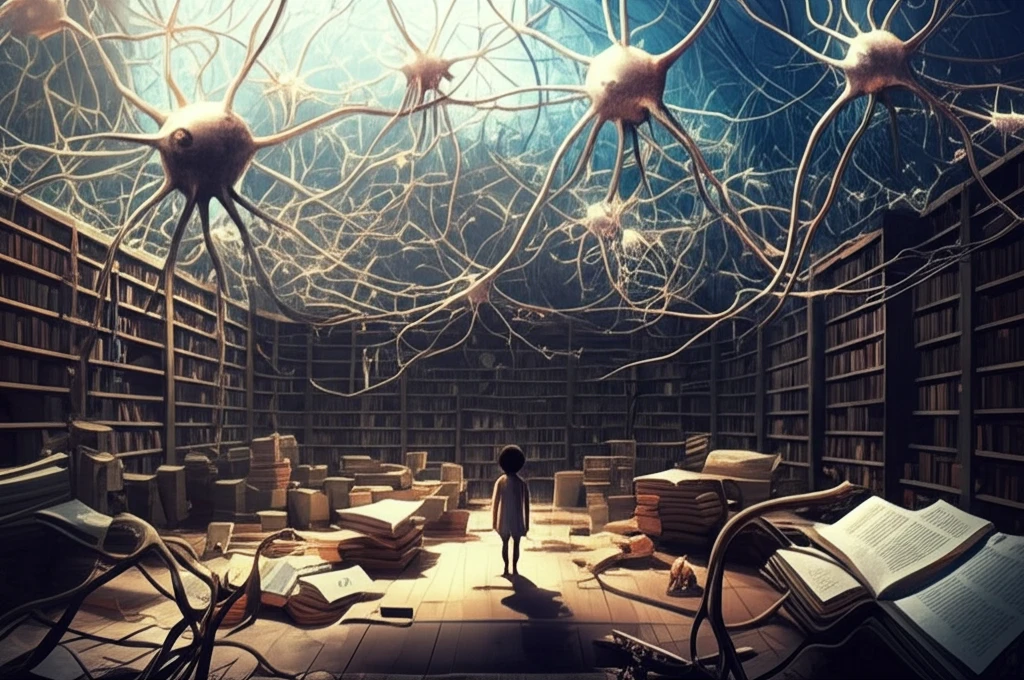
Are We Born with Knowledge? Unpacking the Mystery of Innate Ideas
"Explore the age-old debate on innate ideas and discover how our minds truly develop from birth."
The question of whether we are born with innate knowledge, or if all knowledge is acquired through experience, has been a subject of philosophical debate for centuries. This debate touches on fundamental aspects of human nature, influencing how we understand learning, development, and even the essence of what makes us human.
Innate ideas, if they exist, would suggest that humans come into the world with pre-programmed knowledge, potentially shaping our perceptions and understanding of the world from the outset. The alternative perspective, empiricism, posits that the mind is a blank slate at birth, with all knowledge derived from sensory experiences and observations.
This article explores the historical arguments surrounding innate ideas, contrasting them with empirical perspectives. We’ll explore key concepts from historical figures, and modern interpretations to consider how both nature and nurture interact in the development of the human mind.
The Historical Roots of the Innate Ideas Debate

The discussion about innate ideas dates back to ancient philosophers like Plato, who argued that humans possess inherent knowledge that is merely recollected through experience. Plato’s theory suggested that learning is not the acquisition of new information but the retrieval of pre-existing knowledge from a past life.
- Lack of Universal Agreement: If ideas were truly innate, they should be universally recognized and understood across all cultures and individuals. However, there is significant variability in beliefs and understanding.
- The Role of Sensory Experience: Empiricists argue that all complex ideas can be broken down into simpler components derived from sensory experiences.
- Developmental Evidence: Studies of child development indicate that cognitive abilities and knowledge increase with experience and learning, rather than emerging spontaneously.
Modern Perspectives and Implications
The debate over innate ideas continues to influence contemporary discussions in psychology, neuroscience, and education. While few researchers today argue for completely pre-programmed knowledge, the concept of nativism suggests that certain cognitive structures and predispositions may be present at birth, influencing how we process and learn from experiences. These predispositions can shape everything from language acquisition to moral reasoning, guiding our interactions with the world.
